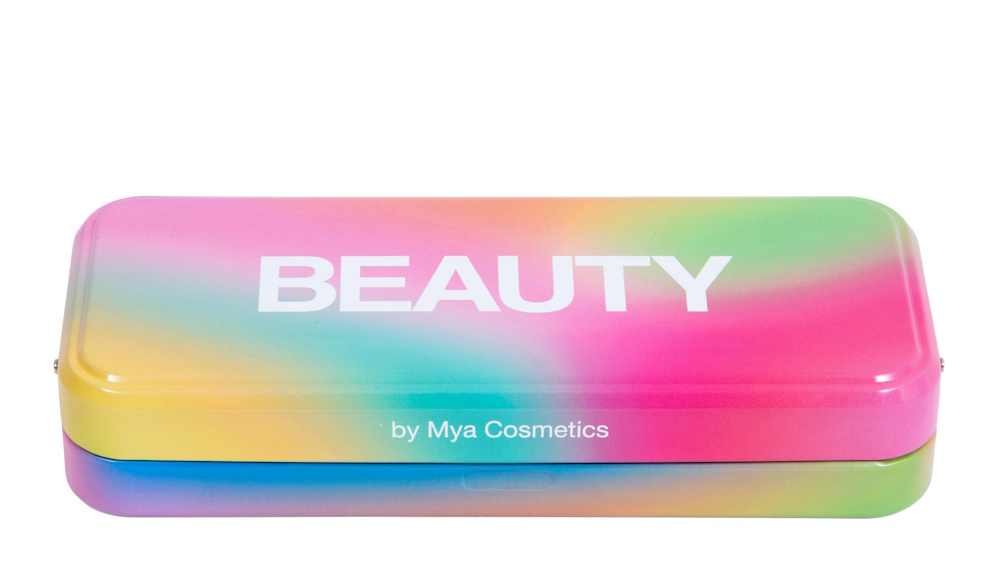Uniforms and the Impact They Create: A Reflection on the 2024 Aussie Athletes
- Written by The Times

Watching our Aussie athletes give their all in Paris this year was truly wonderful! The national pride we Aussies hold for one another is unmatched, and seeing our athletes donning their uniforms with pride only deepens this connection. The Australian flag and emblems showcased their heritage, adding significant meaning to their performance.
This year’s Olympic uniforms exemplify the powerful impact uniforms can have, both visually and organisationally. Regardless of personal opinions on the design, these uniforms effectively represented our Aussie athletes, accommodating various body types and genders, and making them instantly recognisable on the global stage. This is what it’s all about, creating a visual identity that resonates.
Let’s face it: green and gold are not the easiest colours to work with. Designing uniforms that look great and are functional for athletes is a daunting task. The design team would have faced a monumental challenge: they had to consider the diverse physical shapes and structures of the athletes and create a core uniform that fits a wide range of sizes.
In today’s uniform industry, the challenges are similar. For example a fashion garment within a uniform range must accommodate a broad size spectrum, such as size 4 to 32, and increasingly also requires an inclusion of gender-neutral options. This demands advanced design techniques and a deep understanding of both fashion and functionality.
The significance of well-designed uniforms extends beyond the Olympics and into various industries, as highlighted by research from SEEK[1]. Their findings reveal how most Australian workers consider their current dress code ideal, whether it’s uniforms, smart casual, or formal business attire. However, younger workers aged 18-34 are particularly affected by dress codes, feeling judged on their clothing choices and pressured to stay on trend. The research found that dress codes impact everything from motivation to career progression, with many young people reporting that dress codes influence their decision to choose one workplace over another. This underscores the importance of designing uniforms that not only represent the brand but also consider the comfort and identity of staff.
When considering a uniform for your organisation, the goal is to create a uniform that empowers the wearer, visually connects with the audience, and evokes emotions—whether relaxed and approachable, luxe and elegant, or inclusive and welcoming. This year, the design team behind the Aussie Olympic uniforms achieved just that. The green and gold shone through, and we can all agree it made us super proud.
At Total Image Group, we believe every staff member, regardless of shape, size, or gender, should feel comfortable in what they wear. A uniform should elevate the company it represents, foster a proud and unified team, and contribute to the greater good of the organisation. When your team looks good, your customers notice, and your brand shines.
If you’re looking to elevate your brand and empower your team, give us a shout!
For more information, visit www.totalimagegroup.com.au
























